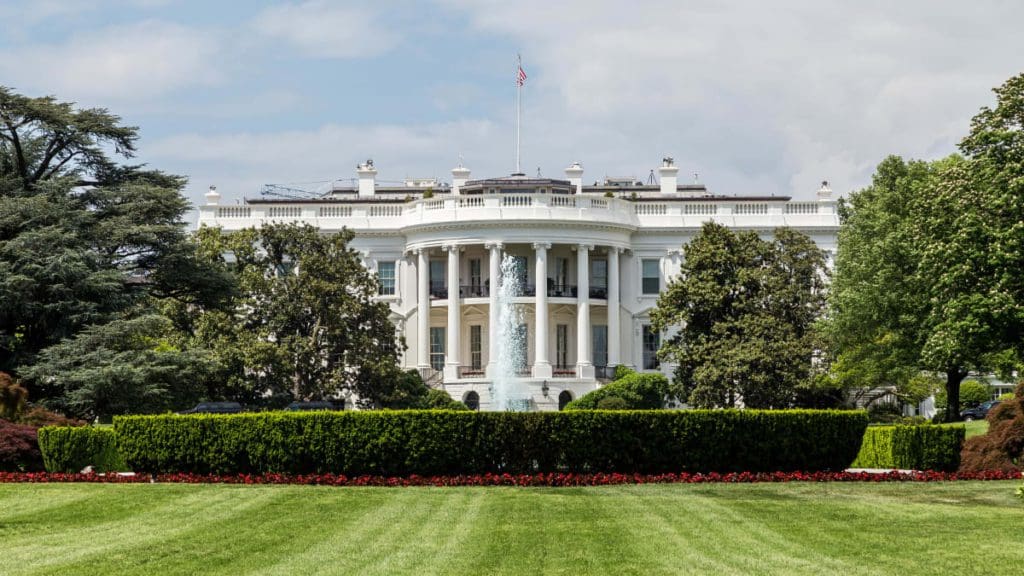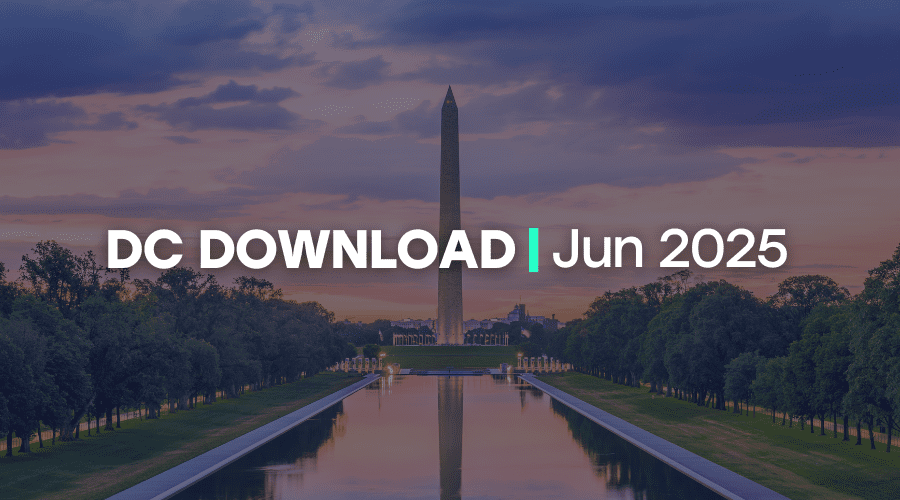Happy New Year! We hope you are rested for this season of possibilities — when dreams of NFL championships, Oscar awards, and successful new year’s resolutions abound. For a record portion of the U.S., all that possibility has also been wrapped in a blanket of snow.
Government Shutdown Averted but Dysfunction Remains
Despite being a time for fresh starts, policymakers in Washington, DC. are still decidedly mired in last year’s business. Last week, Congress succeeded in passing yet another temporary funding patch that will extend funding for some federal agencies through March 1, and for others through March 8. While those dates are still relatively far away, the House and Senate will be in session together for very few days in February, casting doubt on how quickly negotiations will proceed.
Meanwhile, Senate negotiators on a separate border security and foreign military assistance package are sending optimistic signals, but were not yet ready for legislative action this week. The package is expected to contain roughly $110 billion in funding for conflicts in Ukraine, Israel, and Taiwan, as well as border security funding and policy changes. If the legislation does pass the Senate, it will face an uncertain future in the House of Representatives where conservatives and former President Donald Trump are pressuring Speaker Mike Johnson (R-LA) to reject it.
Tax Legislation Currently Leaves Charitable Giving Incentives Behind
The $78 billion Tax Relief for American Families and Workers Act of 2024 (H.R. 7024) was approved last week in the House Ways & Means Committee by a vote of 40-3. The legislation marks a major compromise between Senate Finance Committee Chairman Ron Wyden (D-OR) and Ways and Means Committee Chairman Jason Smith (R-MO) on key priorities for their respective parties. The proposal balances business tax incentives like research and development expensing and interest deductibility with expansions to the Child Tax Credit, increasing refundability and indexing the credit to inflation in later years. The cost of H.R. 7024 is largely offset with changes to administration of the Employee Retention Tax Credit, including greater penalties and reporting for tax credit promoters and an earlier deadline for submitting claims.
Alarmingly, the legislation does not include restoration of the non-itemizer charitable deduction. Independent Sector, the Charitable Giving Coalition, and others are working with Senator James Lankford (R-OK) and Senator Chris Coons (D-DE) to advocate for its ultimate inclusion, and we urge you to join us by contacting your legislators today.
Letter Commenting on SECURE 2.0 Act Form
On January 16, more than 40 nonprofit organizations — joined by individuals — responded to a comment request from the Internal Revenue Service and the U.S. Treasury Department concerning Form 8881. This form is currently used by small for-profit employers to claim tax credits for their retirement plan, and is being revised to reflect enhancements made by the SECURE 2.0 Act of 2022. The nonprofit comments — organized by Just Futures and signed by many members of the Nonprofit Infrastructure Coalition — point out the fundamental unfairness of excluding nonprofits from the tax credits. They also indicate that the form could easily be redesigned to accommodate nonprofit employers through the payroll tax.



